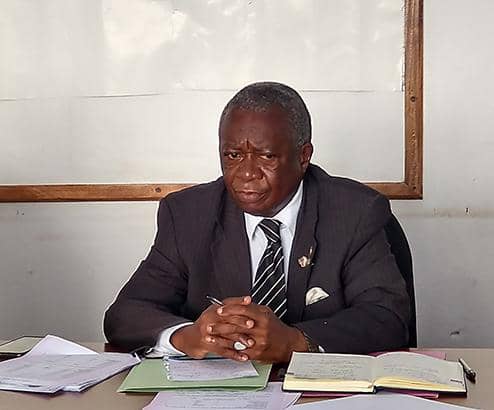
Analysis of Brigadier General Charles Kalumo’s continued involvement

By Burnett Munthali
Brigadier General Charles Kalumo’s continued involvement in the operations of Malawi’s Department of Immigration and Citizenship Services despite a High Court ruling nullifying his appointment raises significant legal and governance concerns.
Kalumo, although no longer physically present at the office, has allegedly been signing documents and issuing directives through unofficial channels, such as WhatsApp forums and direct communications with relevant officials. His actions, including the recent request to transfer Ethiopian nationals for deportation, indicate a persistent exercise of authority that contradicts the court's decision.
Key stakeholders, including the Ministry of Homeland Security and legal experts like Gabriel Chembezi from the Malawi Law Society, have acknowledged these developments. Chembezi highlighted that Kalumo’s actions likely constitute contempt of court, given the court’s unchallenged ruling that invalidated his tenure.
Furthermore, the appointment of Fletcher Nyirenda as acting director general underscores the administrative attempt to replace Kalumo following the court’s decision. However, Kalumo’s continued influence poses challenges to the Ministry’s efforts to enforce the court’s ruling and maintain operational integrity within the immigration department.
Boniface Chibwana, a governance commentator, emphasized the legal implications of the High Court’s ruling, suggesting that Kalumo’s actions should be viewed as void ab initio, meaning they hold no legal standing from their inception.
In summary, the situation highlights a critical intersection of legal authority and administrative compliance within Malawi’s public sector. Kalumo’s actions not only raise questions about adherence to judicial decisions but also underscore broader challenges in ensuring governance and rule of law in administrative transitions. Further developments may hinge on the Ministry’s response and potential judicial interventions to enforce compliance with the court’s ruling.






